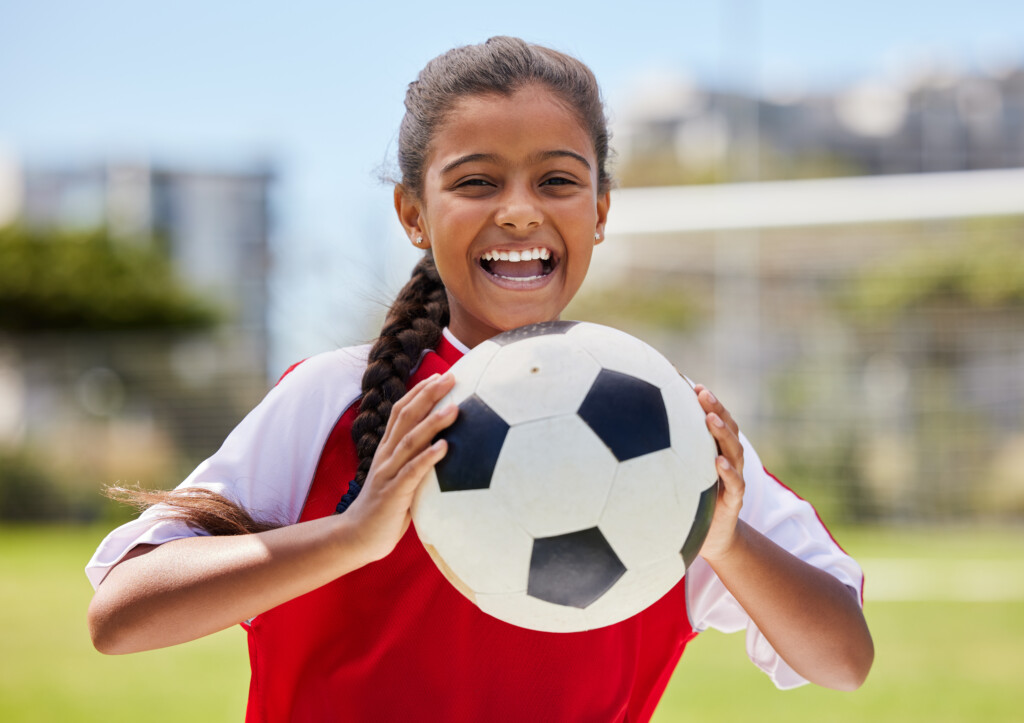Athlete mental health challenges are gender specific
According to a recent study, female and male athletes experience distinct mental health challenges. Female athletes more frequently report anxiety, depression and disordered eating, while male athletes are more likely to struggle with alcohol, drugs and gambling. Tailored strategies are essential to effectively support female and male athletes.
Fact or myth – Mental Health

The impact of mental health on concussion management
A Guide for Students & Athletes of All Abilities: e-Booklet
Non-contact boxing and mental health
While the mental health benefits of physical activity are well-documented, the specific advantages remain relatively unexplored. A recent review underscores the benefits that non-contact boxing may offer such as significant relief from symptoms of anxiety, depression, PTSD, and stress.
Sport North Coaching Mini-Series – Part 2: Being a Good Sport Parent
Disordered eating in elite athletes
Athletes face a heightened susceptibility to disordered eating compared to non-athletes. Social and sport pressures influence disordered eating behaviours among elite athletes. Interviews with 9 male and female athletes reveal insights into the complex interplay between societal norms, athletic demands, and dietary practices.
Sport brands boost fans’ well-being
The COVID-19 pandemic has shown how crucial sport brands can be in supporting fans’ mental health. This study, involving 770 sport fans, found that being involved with sport brands helps reduce feelings of emptiness and increases well-being.
SCRI Panel: Trending topics in youth sport

Chronic alcohol misuse and sport performance
Chronic alcohol misuse causes muscle weakness and atrophy, while problematic drinking impairs muscle function and athletic performance. This study shows that alcohol consumption hinders muscle recovery and function, potentially reducing sport performance, especially in men.